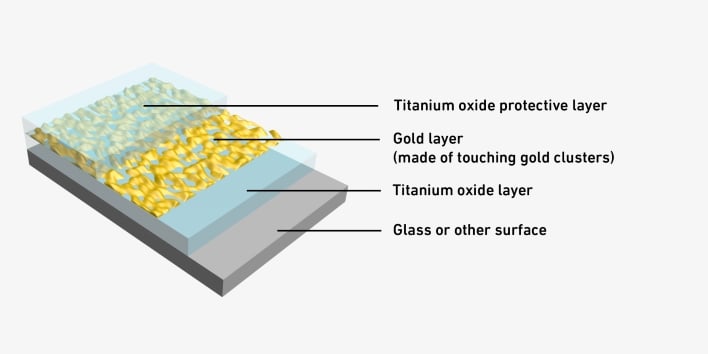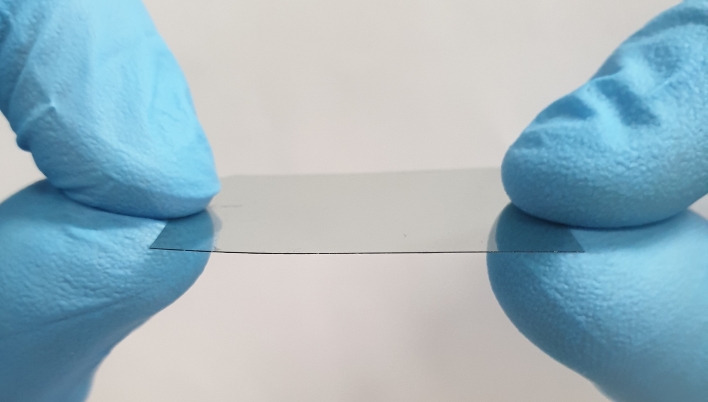Swiss Researchers Develop Gold Coating Breakthrough To End Eyeglass Fog Forever
Thanks to advancements and research in nanotechnology, researchers at Swiss Federal Institute of Technology (ETH Zurich) have seemingly perfected a durable solution to fogged-up eyeglass lenses. Sure, anti-fog sprays are readily available, but are also a pain to reapply frequently. Effectively, the team have developed a patent-pending coating of gold particles sandwiched between two titanium oxide layers. These absorb infrared radiation from the sun, creating heat that's sufficient to prevent fog from forming on the surface of an object.

Iwan Haechler, a Ph.D. student at ETH Zurich and one of the study authors pointed out that their research focused on utilizing solar energy to create the heat necessary to prevent fog build-up. He said, “Our underlying motivation was to show the vast potential of solar energy, and how less sustainable technologies (such as using electricity to prevent fogging) can be circumvented by applying physical concepts and rational engineering." The gold layer absorbs infrared energy (which is about half of the combined energy of sunlight), then heats the surface up to 46.4°F (8°C), which is enough to prevent fog from forming.

While gold is a costly mineral, the layer required in the anti-fog coating is incredibly thin, roughly 12 times thinner than a regular gold leaf sheet (or about 5nm thin). Theoretically therefore, the cost required for pair of eyeglasses should be around 0.017 USD, although we'd be curious to see what the markup would be in the hands of manufacturing corporations. In terms of durability, since the gold layer works with the invisible light spectrum, the sandwich itself can be integrated under other coatings to prevent it from damage. Aside from eyeglasses, the usage possibilities for this coating are vast. Manufacturers could use this coating on windshields, mirrors, scuba gear, camera lenses, and other transparent surfaces.
As of writing, the ETH Zurich team has applied for a patent, but there is no news of whether they're in any talks with companies to adopt the nanocoating.

